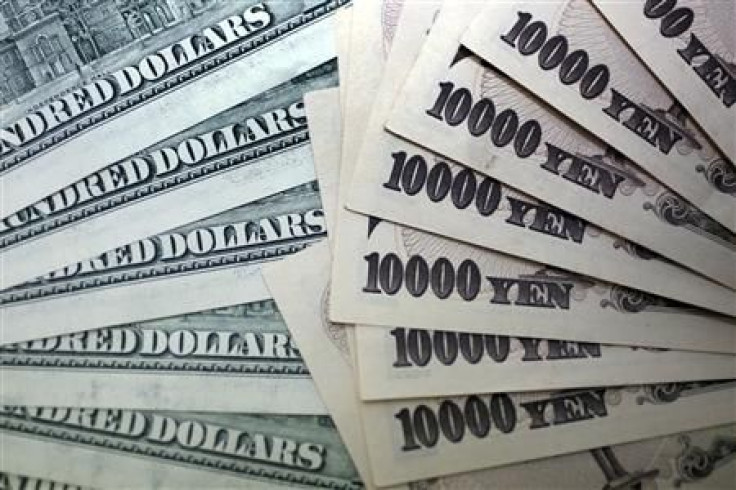Japan’s Adjusted Current Account Falls In September

Japan’s current account on a seasonal adjusted basis posted a deficit in September, indicating a continuing decline in the economic condition of the world's third largest economy.
The data released Thursday by the Ministry of Finance show that Japan’s adjusted current account, which measures the difference in value between exported and imported goods, services and interest payments during the reported month, fell to a deficit of 142 billion yen ($1.8 billion) in September down from 720 billion yen surplus in August.
Before the seasonal adjustment, the current account reported a surplus of 503.6 billion yen up from 454.7 billion yen in August. This report comes after it was reported last month that Japan had a rise in trade deficit in September compared to the same month last year with a decrease in exports and increase in imports.
Last month Japan’s Finance Ministry data showed that the country recorded a 558.6-billion yen trade deficit in September, compared to a surplus of 288.8 billion yen last year. There was a slump of exports to China and Europe.
The relationship between China and Japan took a bad turn after Tokyo in September said that it would buy the East China Sea islands claimed by both countries. The purchase of the islands for 2.05 billion yen ($26 million) was approved by Japan's cabinet on Sept. 11. Protesters in China called for boycott of goods from Japan. Japanese companies such as Toyota Motor Corp, Honda Motor Co and Nissan Motor Co. stopped production at certain plants in China.
The continuing debt crisis in Europe and the strength of the Japanese yen have also hurt the demand for exports, the key driver of Japan's economy.
Meanwhile, the Bank of Japan noted that exports and industrial production had been relatively weak as overseas economies had moved somewhat deeper into a deceleration phase. It is expecting that exports and industrial production to remain relatively weak for the time being, affected by the prolonged state of economic slowdown in China, with the situation of the protracted European debt problem and the U.S. economy recovering only at a moderate pace.
Market participants sense that movements toward economic recovery would pause for the time being in Japan. Also since there is a risk that a further slowing down of overseas economies would exert downward pressure on the Japanese economy, investors deem it necessary for the policymakers to monitor the situation in Japan with greater vigilance.
© Copyright IBTimes 2024. All rights reserved.











